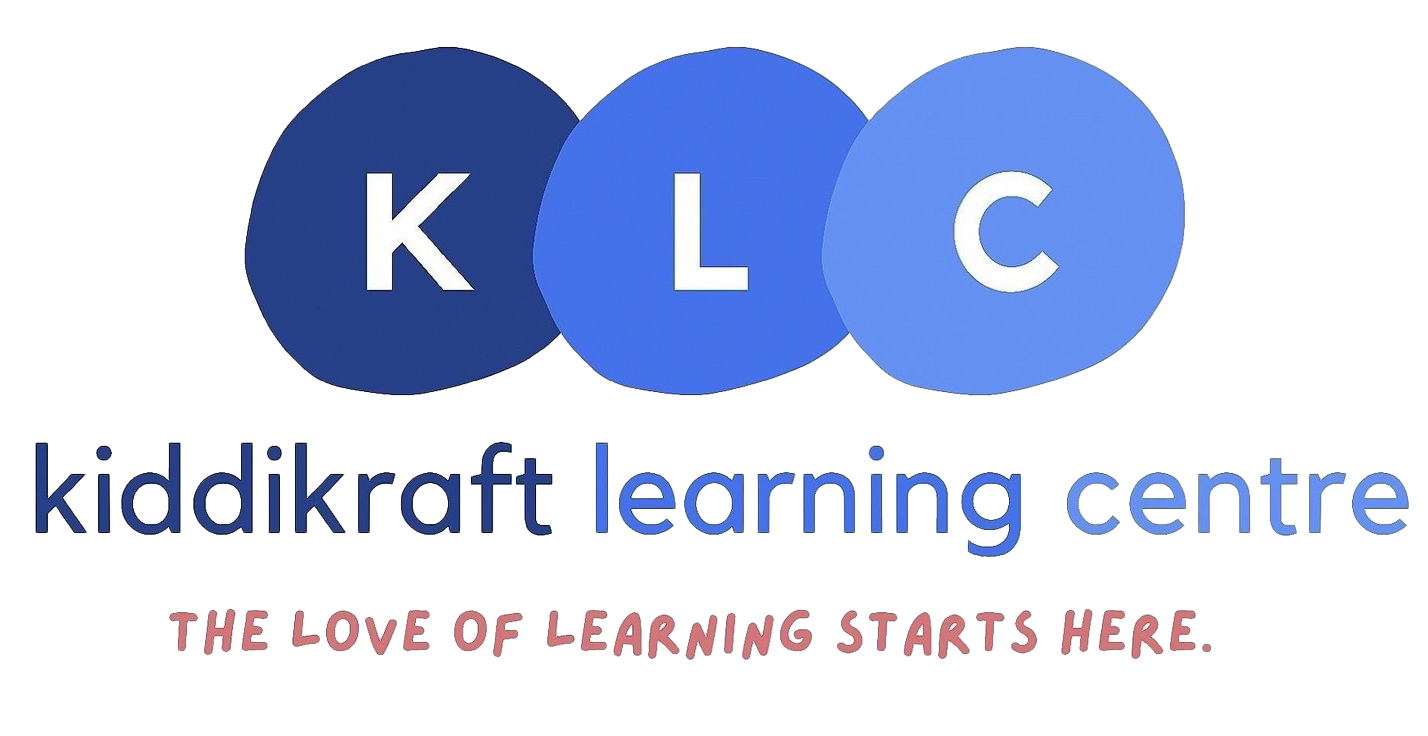Promoting Digital Literacy: Navigating the Digital World
Introduction:
Promoting digital literacy is essential for helping children develop the knowledge, skills, and habits they need to navigate the digital world safely and responsibly. By teaching them about internet safety, digital citizenship, and critical thinking, parents can empower their children to make informed choices and thrive in the digital age.
Teaching Internet Safety:
Teach your child about internet safety and the importance of protecting their personal information online. Teach them to use strong, unique passwords for their accounts, to be cautious when sharing information online, and to recognize and avoid online threats such as scams, phishing, and cyberbullying.
Fostering Responsible Social Media Use:
Foster responsible social media use by teaching your child about the risks and benefits of social networking, and helping them understand how to use social media platforms safely and respectfully. Set guidelines for their social media use, and monitor their online activities to ensure they are behaving responsibly and ethically.
Promoting Digital Citizenship:
Promote digital citizenship by teaching your child about their rights and responsibilities as digital citizens, and helping them understand the impact of their online actions on themselves and others. Encourage them to be respectful, responsible, and ethical in their online interactions, and to use technology to make positive contributions to their communities.
Teaching Media Literacy:
Teach your child media literacy skills that enable them to critically evaluate and analyze information and media messages they encounter online. Teach them to identify bias, misinformation, and propaganda, and to seek out reliable sources of information to inform their opinions and decisions.
Setting Screen Time Limits:
Set limits on screen time and encourage your child to balance their online activities with other activities such as physical play, reading, and spending time outdoors. Set clear guidelines for when and how they can use screens, and model healthy screen time habits in your own behaviour.
Monitoring Online Activities:
Monitor your child's online activities and supervise their use of digital devices to ensure they are using technology safely and responsibly. Use parental controls and privacy settings to restrict access to inappropriate content, and communicate openly with your child about their online experiences and concerns.
Encouraging Creative and Productive Use of Technology:
Encourage your child to use technology creatively and productively to explore their interests, express themselves, and learn new skills. Encourage them to participate in educational apps, games, and websites, and to use technology as a tool for research, creativity, and communication.
Modeling Positive Digital Behaviour:
Model positive digital behaviour in your own use of technology, and demonstrate responsible and ethical online practices in your interactions and communications. Show your child how to use technology as a tool for learning, productivity, and connection, and model healthy screen time habits in your own behaviour.
Celebrating Digital Achievements:
Celebrate your child's digital achievements and milestones, such as mastering a new skill, creating a digital project, or using technology to make a positive impact in their community. Highlight the importance of digital literacy and the positive role that technology can play in their lives when used responsibly and ethically.
Conclusion:
Promoting digital literacy is essential for helping children develop the knowledge, skills, and habits they need to navigate the digital world safely and responsibly. By teaching internet safety, fostering responsible social media use, promoting digital citizenship, teaching media literacy, setting screen time limits, monitoring online activities, encouraging creative and productive use of technology, modeling positive digital behaviour, and celebrating digital achievements, parents can empower their children to make informed choices and thrive in the digital age.

